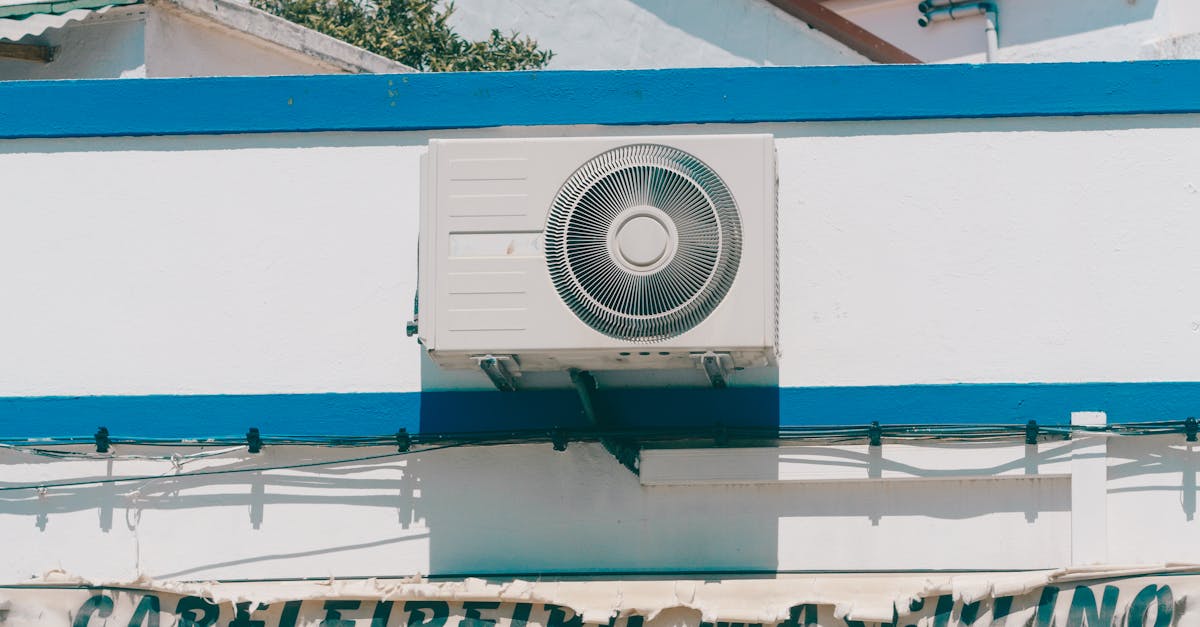Sydney Commercial Roof Replacement

Table Of Contents
Sydney Commercial Roof Replacement
When it comes to maintaining the integrity of commercial properties, one of the most significant tasks is the roof replacement process. In Sydney, ensuring that your roof meets the Safety Standards For Roofing Sydney is paramount. A well-installed roof not only protects the structure but also safeguards the occupants and assets within. Knowledge of the local requirements and industry best practices can help property owners make informed decisions regarding their roof replacement projects.
Sydney's commercial roof replacement services are designed to adhere strictly to these safety standards for roofing sydney, addressing both compliance and durability. With a variety of materials and techniques available, property managers need to understand the specifications that will best serve their buildings. By prioritizing safety and quality, businesses can ensure their roofs not only meet legal requirements but also withstand the test of time and weather conditions specific to the region.
Exploring Investments of Business Roofing Replacement in Australia
The investments associated with commercial roofing replacement is essential for commercial property managers in Australia. Elements such as supplies choice, size of the installation, and workforce expenses can all considerably affect the overall cost. Furthermore, regulatory requirements and the health of the existing roof can also contribute to the final expense incurred.
As of evaluating the financial outlay for a commercial roofing replacement, property owners should also consider potential future savings. Allocating resources in high-quality roof systems may lead to reduced maintenance costs and enhanced energy efficiency over time. Working with a certified roofing contractor can provide valuable insights into the ideal options that align with financial plan while ensuring durability.
Elements That Affect Roof Reinstallation Pricing
As planning a roof replacement project, several considerations come into play that affect the overall pricing. One of the consideration is the type of material used for the roof. Different materials, such as metal roofing, involve varying price points and performance levels. In addition, the complexity of the roofing structure can greatly impact installation costs. More sloped roofs typically require additional effort, which can escalate the final price.
A further consideration that influences replacement pricing is the area of the structure. More extensive roofs will naturally need more materials and effort, leading to increased costs. Regional factors also play a factor in determining pricing, as service rates and material availability can vary by region. Regional regulations and permitting requirements can also impact the total pricing of a replacement project, making it essential to consider these elements during the planning phase.
Choosing the Right Roof Type in Your Commercial Roofing Overhaul
In the process of considering a industrial roof reinstallation, one of the key factors is choosing the best roofing product. Various choices come with distinct advantages that can impact the longevity and performance of your roofing system. For example, metal roofing is known for its durability and energy-saving properties, while thermoplastic olefin offers a more cost-effective solution with superior reflective properties.
It’s important to take into account your commercial property's specific needs and environmental conditions when choosing a roofing product. Additionally, working with a reputable roofing contractor can help you explore the multiple options available, ensuring you make an informed decision. Professionals can provide valuable insights into the application methods and care needs for each type of roofing material. This information can help you enhance the benefit of your industrial roof investment.
Benefits and Cons of Popular Roofing Options
When considering a commercial roof replacement in Sydney, it is essential to evaluate the benefits of common roof products. Steel roofs offers longevity and low maintenance, making it a preferred choice for many business owners. Additionally, metal options can reflect heat, leading to lower energy costs over time. Shingle roofs are another widely used option due to their economic viability and ease of installation, providing a acceptable solution for many commercial properties.
On the other hand, there are also cons to consider when selecting roof products. For instance, steel roofs can be more expensive initially, which may not fit every budget. Furthermore, they can be more resonant during rain or hail, potentially causing disturbances inside the building. Shingle roofs may present issues such as shorter lifespan compared to other materials and can be prone to damage from extreme weather conditions. Ultimately, weighing the pros against the disadvantages is crucial for making an informed decision about the best roofing option for a commercial property.
The Advantages of Focusing in Commercial Roofing Reinstallation
Focusing in business roof reinstallation delivers many advantages for property owners. The updated roof can significantly boost the aesthetic appeal of a building, resulting in a more inviting appearance. Additionally, a new roofing system can raise property value, leading to it more appealing to potential tenants or buyers.
Moreover key advantage of business roof reinstallation is the potential for energy savings. Replacing an old roof with high-performance materials can decrease heating and cooling costs, resulting in long-term savings. In addition, a modern roof can help in avoiding leaks and water damage, which can result in costly repairs down the line. Overall, spending in roof reinstallation is a smart choice for any commercial property owner.
Importance of Improving Your Industrial Roofing
Improving your industrial roof can significantly enhance the overall value and appeal of your property. A well-maintained roof not only protects your investment but also contributes to energy efficiency. This can lead to lower utility costs and a more comfortable working environment for employees. Additionally, a new roof can improve the aesthetic appeal of your building, making it more attractive to potential clients or customers.
Investing in roof upgrades is essential for maintaining structural integrity. Over time, roofs can suffer from wear and tear due to weather conditions, which can lead to leaks and other issues if not addressed. By upgrading your industrial roof, you are ensuring that your building remains safe and secure for occupants. Moreover, a modern roof system can offer enhanced durability, reducing the need for frequent repairs or replacements in the future.